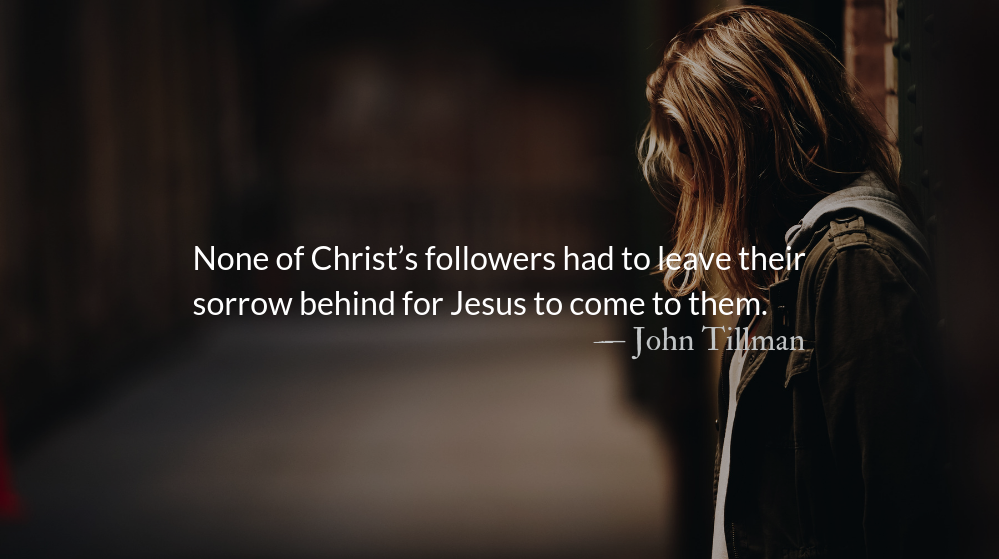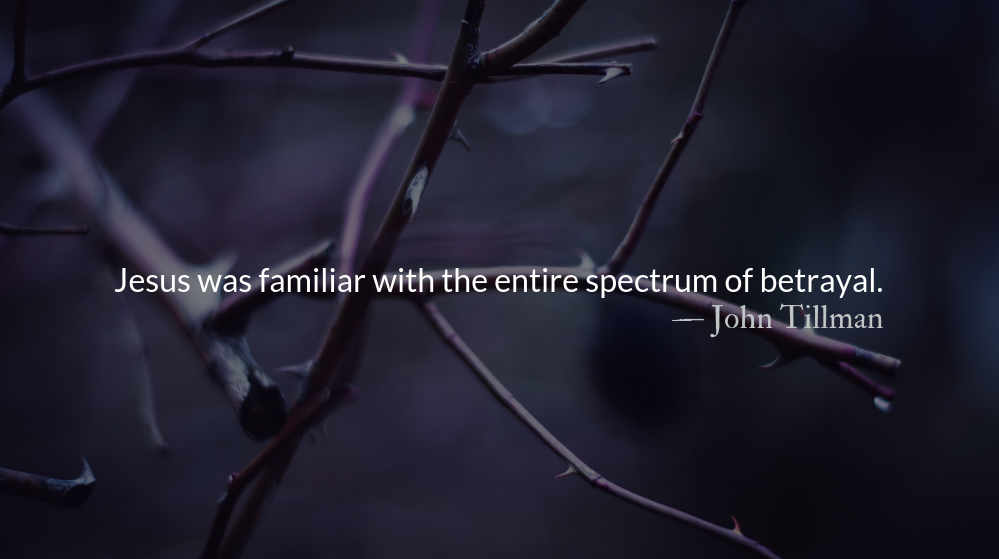Luke 1.46-47
My soul glorifies the Lord and my spirit rejoices in God my Savior.
Reflection: In The Face of Wonder :: A Guided Prayer
By John Tillman
Before she delivered Jesus as a child, Mary delivered the gospel.
Mary’s powerful confession, prayer, and prophecy, shows her familiarity with the scriptures and an intimate connection with God like the prophets of old. God’s Spirit breaks through into the world through the worship that is initiated by Elizabeth and Mary’s joyful reunion.
Pray this prayer repeatedly over the weekend, seeking God’s face and asking Him to break through into your world, asking him to speak the gospel through your worship and its resulting action.
Praying in Wonder, with Mary
“My soul glorifies the Lord
and my spirit rejoices in God my Savior,
for he has been mindful
of the humble state of his servant.
Oh, God, when your wondrous work sweeps in to our world, we have no better way to respond than worship.
From now on all generations will call me blessed,
for the Mighty One has done great things for me—
holy is his name.
His mercy extends to those who fear him,
from generation to generation.
Your glory, Lord, overcoming and transforming our weaknesses is cause for our souls to sing.
He has performed mighty deeds with his arm;
he has scattered those who are proud in their inmost thoughts.
He has brought down rulers from their thrones
but has lifted up the humble.
He has filled the hungry with good things
but has sent the rich away empty.
Your power, Holy Spirit, working on behalf of the outcasts and the downtrodden is the beat that our boots must march to.
He has helped his servant Israel,
remembering to be merciful
to Abraham and his descendants forever,
just as he promised our ancestors.”
Your call, Jesus, beckoning us to abandon our broken world for your righteousness, is a cry for freedom.
The freedom the world seeks is freedom to dominate, dictate, and destroy. This freedom is a lie that seeks power and blessing for ourselves.
May we seek instead the freedom to serve, to create, and to restore. We can do this only in your power and through your Holy Spirit.
Jesus come to us. Jesus come through us to the world.
Amen.
Prayer: The Request for Presence
Our God will come and will not keep silence; before him there is a consuming flame, and round about him a raging storm. — Psalm 50.3
Today’s Readings
Genesis 48 (Listen – 3:43)
Luke 1.1-39-80 (Listen – 9:26)
Today’s Readings
Genesis 49 (Listen – 4:54) , Luke 2 (Listen – 6:11)
Genesis 50 (Listen – 4:07) , Luke 3 (Listen – 5:24)
Thank You!
Thank you for reading and a huge thank you to those who donate to our ministry, keeping The Park Forum ad-free and enabling us to continue to produce fresh content. Every year our donors help us produce over 100,000 words of free devotionals. Follow this link to support our readers.
Read more from Unsurprising Oppression
Neither Jesus or Solomon would have expected their words to be portrayed as endorsements of a laissez-faire attitude toward poverty or oppression.
Read more about Good News to the Poor :: Epiphany
Today we see poverty as a result of sin against the god of Materialism and the god of Competence. When the pursuit of happiness is enshrined as humanity’s highest good, failing to achieve it is a marker of spiritual or moral poverty.











